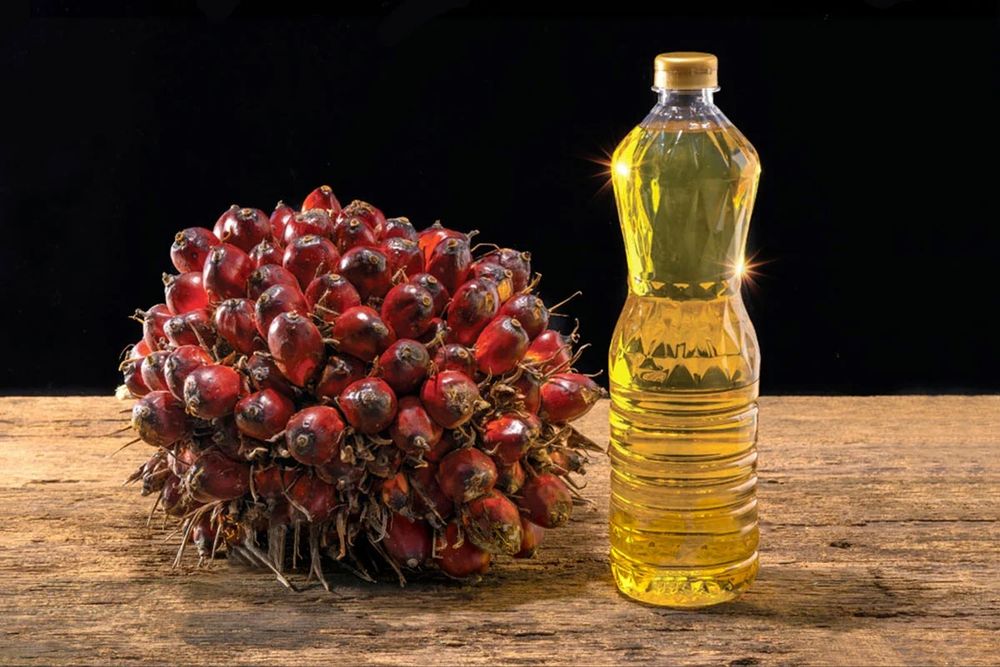Indonesia: Palm Oil Producers Told to Report How Much Land They Own

The government has urged palm oil producers to report how much land they own following cases of mismatched data and plantations illegally operating in forest areas.
The government’s task force on the palm oil industry governance on Friday reported that oil palm plantations nationwide spanned about 16.8 million hectares. About 10.4 million hectares are “private and national plantations”, while the rest belong to smallholders. Some 3.3 million hectares of these plantations, however, are within forest areas.
The task force discovered that many firms do not have the required permits for their plantations, including the cultivation rights documents. A company might even have differing permit documents.
“So we urge all companies to report to us their [palm oil] plantations and business permits,” Chief Investment Affairs Minister Luhut Binsar Pandjaitan told a press conference in Jakarta on Friday.
Companies have a month starting from July 3 to August 3 to report via the online government’s plantation database Siperibun. Cooperatives and smallholders will also have to do similar self-reporting, although the date is to be announced.
According to Luhut, the government will deploy drones and use satellite images to do random checks and verify the submitted data. Under the Job Creation Law, companies have time until Nov. 2, 2023, to take care of their business permits.
“We will summon [companies] whom we find suspicious to clarify,” Luhut, who chairs the palm oil taskforce’s steering committee, said. “The government will take firm action against businesses who ignore all the efforts made by the government to improve the palm oil industry’s governance.”
Commenting on the 3.3-million hectares-wide illegal plantation in forest areas, Luhut told the conference the government would have no choice but to legalize them.
“It is impossible for us to forcefully remove [the oil palms]. Just like mining, we would have to make [these plantations] legal, but they still have to pay the taxes and comply with the regulations. Because there are many small and medium enterprises,” the minister said.
Read also
Wheat in Southern Brazil Impacted by Dry Weather and Frosts
Oilseed Industry. Leaders and Strategies in the Times of a Great Change
Black Sea & Danube Region: Oilseed and Vegoil Markets Within Ongoing Transfor...
Serbia. The drought will cause extremely high losses for farmers this year
2023/24 Safrinha Corn in Brazil 91% Harvested
Write to us
Our manager will contact you soon



